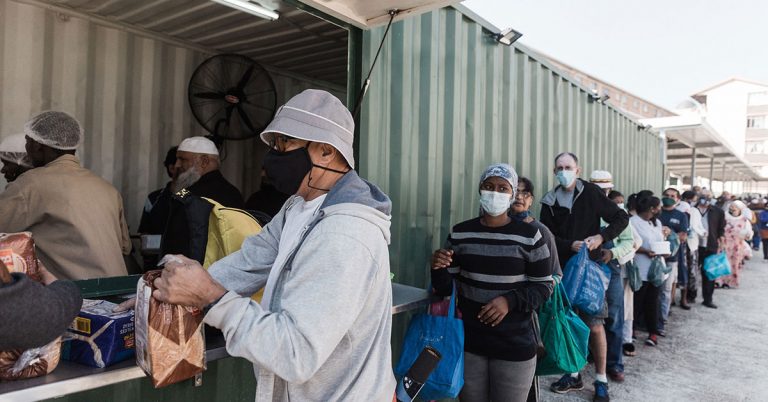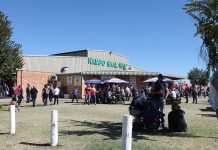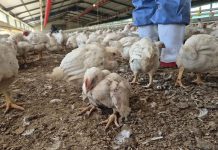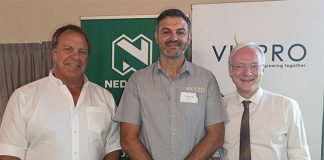
Photo: Rajesh Jantilal | Getty Images
The KwaZulu-Natal (KZN) farming community has lauded the way in which South Africans have come together to support people affected by the recent rioting and looting in this province and in Gauteng.
PJ Hassard, president of the KZN Agricultural Union (Kwanalu) said they had been “inundated with humanitarian assistance”.
“Truckloads of food, animal feed and other necessities have been flowing into the province since the main routes to the affected areas were reopened. I want to convey my heartfelt appreciation to all the South Africans helping and supporting us,” he said.
Andrea Camper, Agri SA’s risk and disaster manager, told Farmer’s Weekly hundreds of tons of goods had already been sent to those areas that were affected by the violence. Agri SA’s main focus was on smaller towns where shops and other infrastructure had been destroyed during the riots, such as Underburg, Greytown and Jozini in KZN.
“The people in these towns are left with nothing. The business sectors have literally been broken down and the townspeople are without any source of food and basics needed for day-to-day life. It is a tragedy of epic proportions,” she said.
Over and above the provision of basic requirements, Agri SA was also working on a plan to help rebuild the economies of the most damaged hamlets and towns, according to Campher.
She said it was of vital importance that the businesses in the towns operated in some capacity as soon as possible to prevent food insecurity. As many of the buildings had been completely destroyed, Agri SA was investigating the possibility of providing shipping containers to help shopkeepers and other business people to start their businesses up again.
Agri SA, however, was at the moment focussing on the distribution of staple foods such as tinned goods, grains, baby products and medical supplies. Campher said support was flowing from all sectors of the country including the corporate world, supermarket chains, NGOs and churches.
“Our role at the moment is to coordinate the donations and organise the logistics of getting the support to where it should be,” she added.









